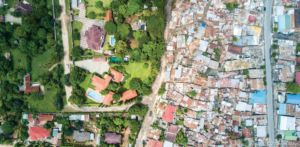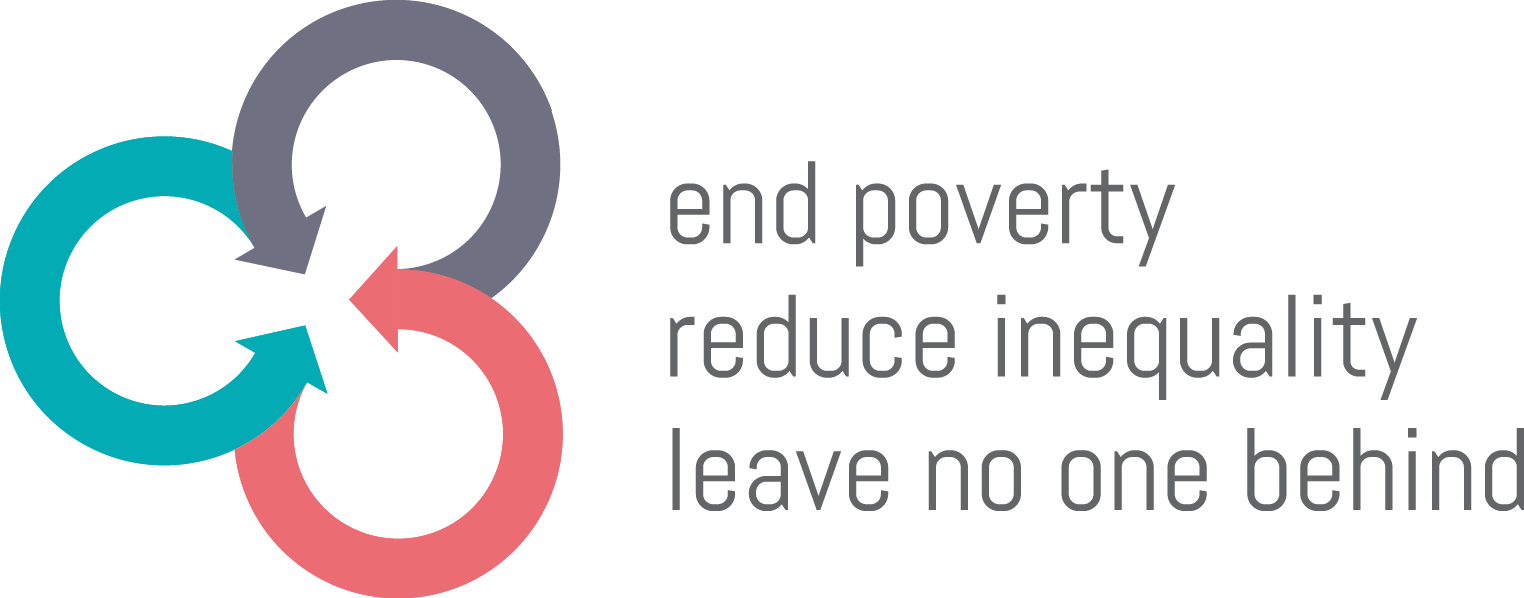Professional Online Training Course on Inequalities

Why is this course relevant?
Reducing inequalities is both a stand-alone and cross-cutting objective in the implementation of the 2030 Agenda. Inequality is a multidimensional phenomenon with profound economic, social and environmental impacts. Countries are now increasingly aware of the negative consequences of inequalities and are trying to develop adequate and efficient policy responses.
Although many countries have reduced the number of people living in extreme poverty, global inequality of wealth and income is increasing. The Covid-19 pandemic demonstrated and amplified disparities and unequal access to basic services.
The aim of the Professional Online Training Course on Inequalities is to promote high-level knowledge transfer on inequalities and provide a platform for discussion. In the training course causes, consequences and current trends of inequalities will be presented and looked at from different fields and perspectives. Furthermore, the training course contends to discuss concrete policies and policy recommendations to contribute to a more efficient reduction of inequalities.
The training course is organized by Deutsche Gesellschaft für Internationale Zusammenarbeit GmbH (GIZ) on behalf of the German Federal Ministry for Economic Cooperation and Development (BMZ).
Who is it for?
We invite policy makers who are highly interested in the topic of reducing inequalities to participate and share their own perspectives on redressing inequalities. The training course addresses issues and policies relevant for policy makers from Africa, Asia and Latin America. The course format benefits from participants with diverse sectoral and regional backgrounds working at different levels. Fluency in English is crucial in participation in the course.
What to expect?
The course combines traditional lectures with peer learning sessions. Inputs include both theoretical elements and case studies, while peer learning sessions involve the exchange of experiences in small groups and open discussion rounds. A high-level of knowledge transfer will be ensured by engaging international experts consisting of both renowned academics and professionals with expertise in the field. The training course will cover a variety of topics related to reducing inequalities: concepts, measures, types of inequalities, the trends and drivers, financial inclusion and taxation, trade and labour market policies as well as social protection and gender inequality.
To ensure high quality, we cooperate with international experts. During the training, participants will be actively involved in the course sessions by participating in group discussions. Participants will also contribute actively to the course through knowledge-sharing session. A moderator specialised in digital facilitation will accompany the group throughout the whole training course.
For reference, see the 2022 course programme here.
When and how long?
The Professional Online Training Course on Inequalities is structured around 11 weekly sessions combining traditional lectures with peer learning sessions. Each session will require 2 hours of time. The course is conducted twice a year including one training timely convenient for policy makers from Asia and Africa and another one timely convenient for policy makers from Latin America and Africa.
The next online training course in Spanish for policy makers from Latin America will start on Tuesday 18 April from 2:00 pm to 4:00 pm (UCT+0). Thereafter it will take place from 19 April to 28 June 2023, every Wednesday from 2:00 pm to 4:00 pm (UCT+0). Latin American Timetable.
With a minimum participation of 7 sessions, a certificate of attendance is issued.
If you are interested in applying please use our online application form by hitting the “Apply Now” button below or above. Ideally, applications will be submitted until 27 March 2023. Participation in the course is free of charge, all costs are covered by GIZ.
Please do not hesitate to contact us at inequality@giz.de in case you have any questions.
